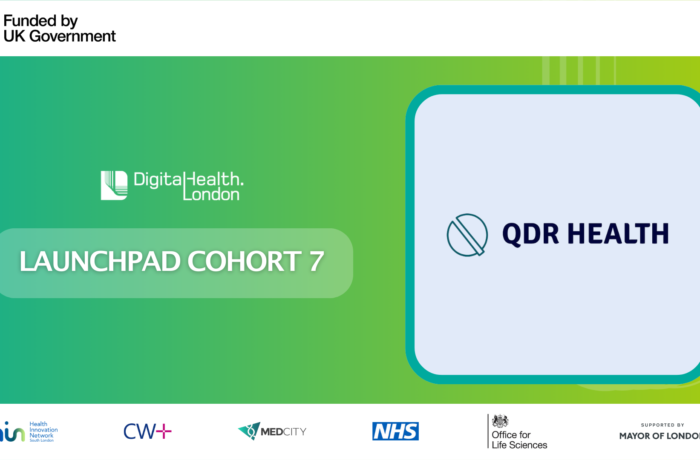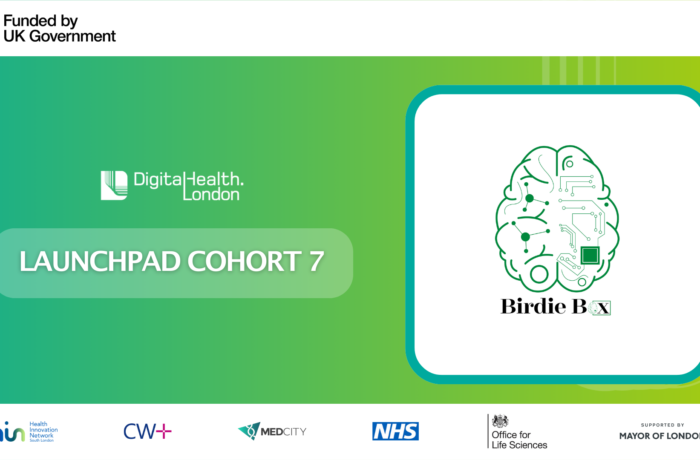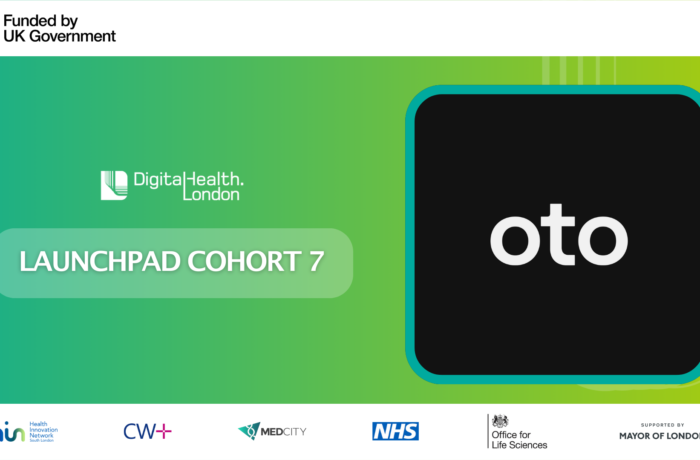Don’t suffer in silence: maternal mental health awareness week
Posted on
When you mention “maternity” or “pregnancy” to the majority of the population, Hollywood-style images of happy families and new-born babies might come to mind. However, as we enter into “Maternal Mental Health Awareness Week” this week, Dr Julian Nesbitt, CEO of DigitalHealth.London Accelerator company Dr Julian, opens up the conversation about the struggles that many people face surrounding maternity.
More than 1 in 10 women develop a mental illness during pregnancy or during the first year of the baby’s life, the most common form being depression. If left untreated, maternal mental ill-health is one of the primary causes for death of mothers during this time. However, due to a range of fears, such as societal judgement or having their children taken away from them, many women do not seek help.
This week is to raise awareness of the struggles that many mothers face and help to signpost services that can help mothers in need, but it is also important to help change societal views, to help mothers to know that they’re not alone if they’re experiencing symptoms of a mental health condition and to know that it’s okay not to be okay and to ask for help. The chances are that someone in your life is struggling with maternal mental health and may be doing so in silence. Simply asking a loved one if how they’re doing or noticing the signs of someone who’s struggling could help get that person the help they need and may even save their life. While pregnancy and post-natal life are traditionally joyful periods, be mindful that this may not be the case for everyone. Let’s talk about maternal mental health and help support these strong mothers through a very difficult time.
While there are many forms of maternal mental illness, we have included a few common symptoms below, to help you understand what to look out for:
- Feeling sad/hopeless
- Sleeping too much/too little
- Loss of appetite
- Lack of interest or pleasure in normal activities
If you have any worries about you or someone you know, please talk to someone. Whether it be your local GP, a midwife or any other service, the main focus it to make sure the individual is safe and gets the help they deserve. Don’t suffer in silence.
More information and support:
- NHS UK: www.nhs.uk/conditions/pregnancy-and-baby/mental-health-problems-pregnant
- Mind: www.mind.org.uk/information-support/types-of-mental-health-problems/postnatal-depression-and-perinatal-mental-health
- You can call NHS 111 if you or someone you know needs urgent care, but it’s not life threatening
- You can also contact your GP surgery and ask for an emergency appointment; in a crisis, you should be offered an appointment with the first available doctor
- Samaritans has a free to call service 24 hours a day, 365 days a year, if you want to talk to someone in confidence. You can call them on 116 123


